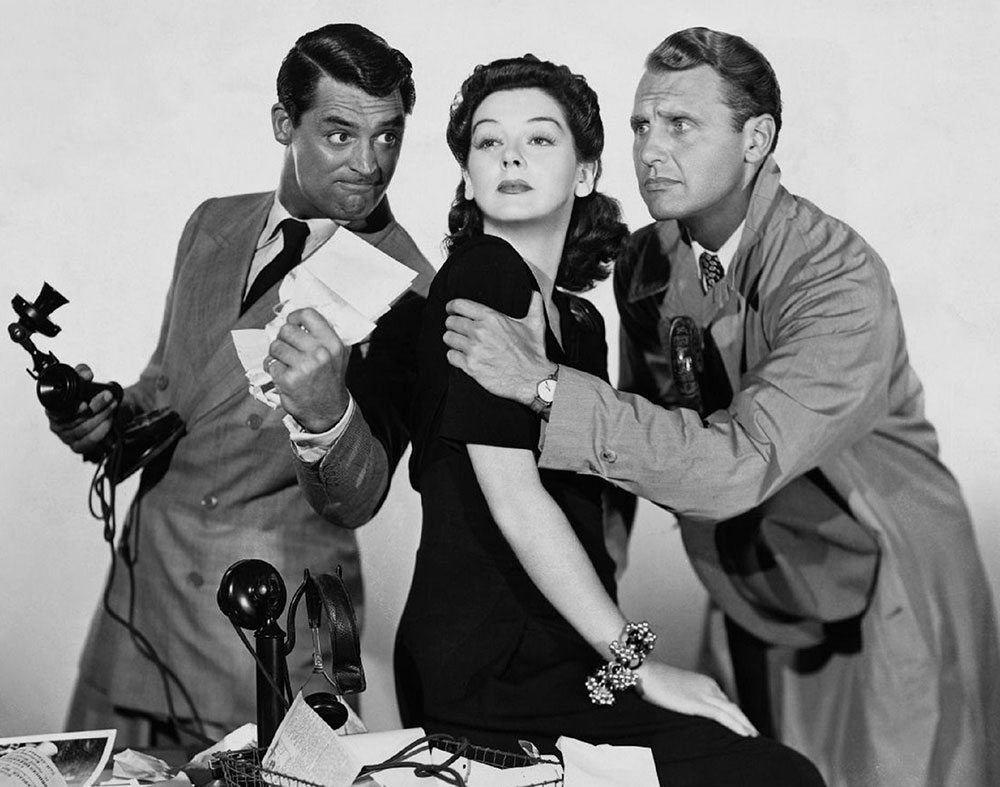[dropcap]I[/dropcap]n the past, only aspiring actor and speech consultants needed to learn the transatlantic accent. Now, everyone needs it.
Excelling in a competitive industry in our high-tech world requires that you adapt to a variety of roles and accents. Having a transatlantic accent can come in handy, especially when you’re auditioning for a role in a movie set in the 30s, 40s, or 50s. It can also come in handy if you’re trying to get a job in a different country or continent.
This article will focus showing you 4 easy ways to help you learn to speak like an old-timer!
First let’s start with what the transatlantic accent means. It is a speech pattern that was popular in the American theatre and film productions of the 30s and 40s. This accent, also known as Mid-Atlantic English is a cross between what is considered as Queens English and the American accent. It was frequent with actors such as Katharine Hepburn and Cary Grant and soon became popular among the upper class of the American society. Some theories trace the origin of this accent to radio announcers who had to enunciate their words clearly as a result of poor microphone quality.
The transatlantic accent was characterized by the emphasis on the pronunciation of the sound /t/ which Americans would sound as /d/. There was also the absence of /r/ which was substituted with /ah/. Hence, pattern would be /pa-tahn/ and clever would be /kle-vah/.
Although this accent became outdated after the end of World War II, we can find infrequent usages of it in modern films such as Titanic.
So how can you learn the transatlantic accent?
Work on your enunciation
As I have earlier implied, the transatlantic accent is neither American nor British. So, you must master the British vowels and know how to use them mildly. Take a look at this example from Bringing Up Baby (1938). Katharine Hepburn is speaking.
“Now if you’re going to be angry(/an-grey/ with me, what can I do(/doo/)?”
Note the usage of /doo/ instead of /do/and /grey/ instead of /gree/.
Another thing you need to do is substitute sound /d/ for /t/. So, instead of saying /bu-dur/ as in butter, say, /bu-tah/. You will have to learn to stress the sound /t/ where Americans would normally use /d/. Take note of words like water, gonna, Peter.
Then, you will need to lose the /r/. This is another characteristic of the transatlantic accent. Following the examples above, others include clear, culture, prayer. The key is to replace the /r/ with /ah/.

Watch old movies
This seems like a no-brainer right? Because this accent has become outdated, you need to listen to it as often as you can. Study the rhythm of the accent and the carriage of the actors. You may also identify actors who were known to use it and watch as many of their films as possible. Modern technology has made it easy to convert video files to audio files. With this, you can carry listen to the accent all day long and practice your speech.
Hire a speech consultant
This might be more expensive, but getting someone to track your progress and note your weak sounds will go a long way to improve your proficiency in this accent. Your consultant should also be able to recommend useful materials and real life opportunities to practice your accent.

Find someone with the accent and make friends with them!
This is probably the cheapest and most effective way of mastering this accent. I think the easiest way to learn a language is to engage in frequent conversations with native speakers of the language. The same applies to learning accents.
Seek out a fluent speaker of the accent, and spend time around them. As you do this, you will learn (by observation) their affectations and the rhythms of the accent. You may choose to tell them of your plan, or not if you sense that they might be hostile towards it. If you do and you’re lucky enough to meet someone who is willing to teach you, ask as many questions as you can. Ask them how they pronounce, who their influences are.
Suffice it to say that you need to practice as often as possible. You may even try using the accent with strangers and see how they react to it! If they ask why you sound like an old-timer, then you have succeeded.







